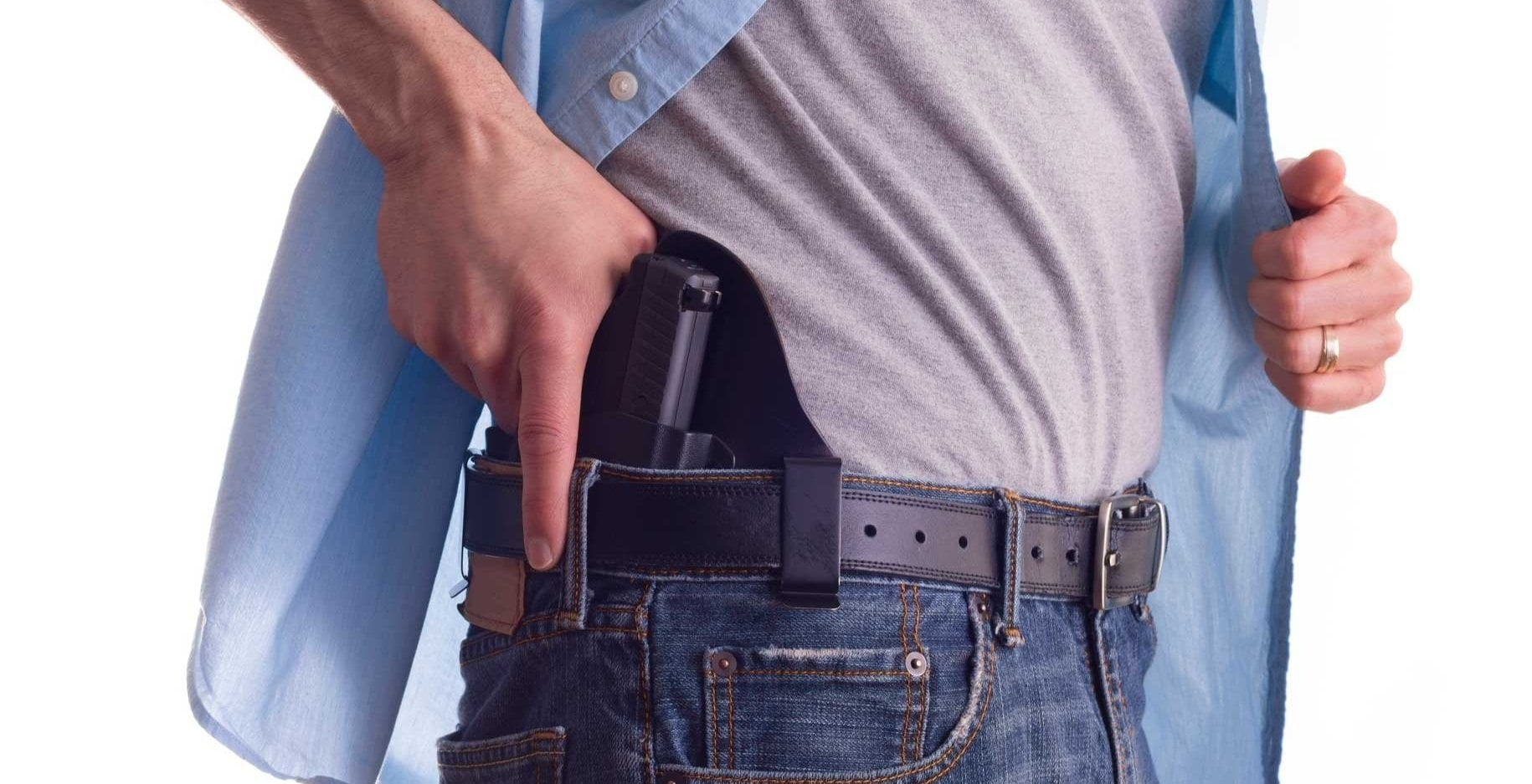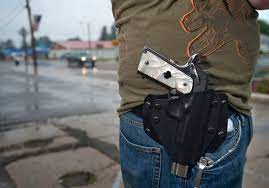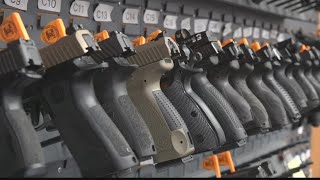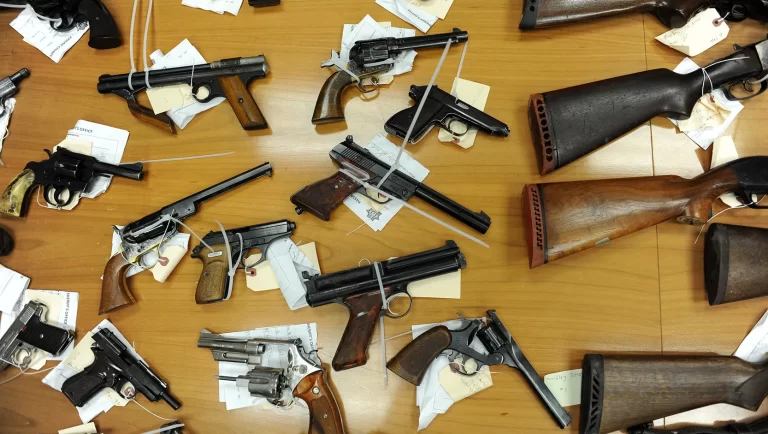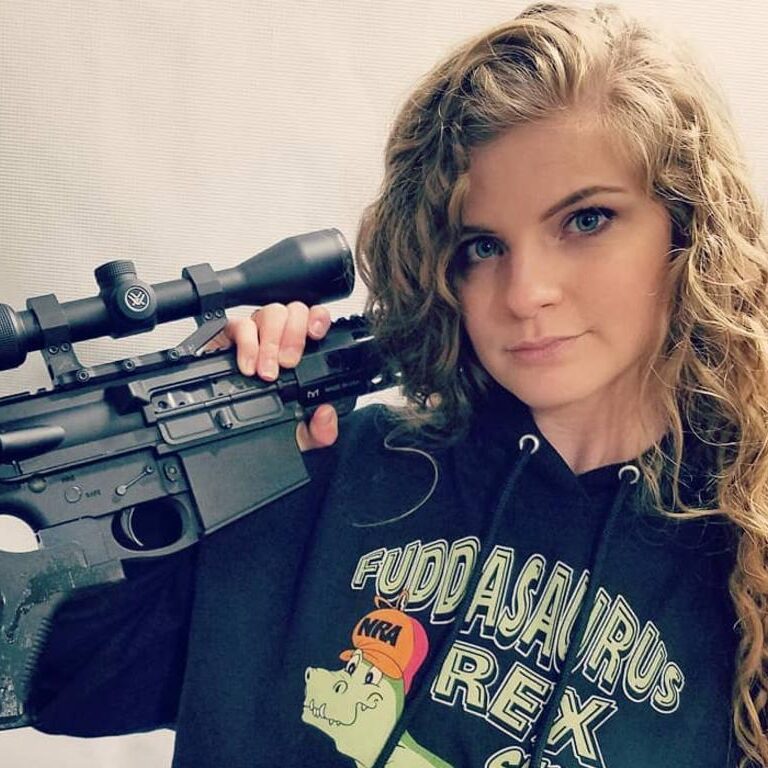New Jersey Concealed Carry Weapon (CCW)
Concealed carry permits have become a topic of increasing importance in today’s society, with individuals seeking to protect themselves and exercise their Second Amendment rights. New Jersey, a state with its unique set of firearm regulations, has implemented a May-issue policy for concealed carry permits.
In this article, we’ll delve into the intricacies of obtaining a concealed carry permit in New Jersey, exploring the legal framework, application process, reciprocity agreements, and more.
Introduction
The right to carry a concealed firearm is an important aspect of personal safety and individual freedoms. In New Jersey, this right is subject to a comprehensive set of regulations aimed at ensuring public safety while allowing responsible citizens to exercise their Second Amendment rights. To obtain a concealed carry permit in the state, individuals must navigate a series of requirements, restrictions, and guidelines.
Understanding New Jersey’s May-Issue Policy
New Jersey operates under a “may-issue” policy for concealed carry permits, meaning that the local law enforcement agency at the municipality level is responsible for processing permit applications. Whether an application is accepted or rejected is ultimately based on the discretion of law enforcement officials, who review the applicant’s qualifications and justifications.
The Application Process
To initiate the concealed carry permit application process in New Jersey, applicants must visit the state police department. Both residents and non-residents are eligible to apply for a permit, but applicants must be at least twenty-one years old. The application process involves several steps, including demonstrating a valid need for a concealed carry permit and providing references that can vouch for the applicant’s character.
Reciprocity: Carrying Across State Lines
New Jersey does not honor concealed carry permits issued by other states, making it important for individuals to understand reciprocity agreements when traveling. While New Jersey’s permit is not recognized in most states, there are exceptions. Some states accept New Jersey-issued concealed carry permits, while others have restricted or permitless reciprocity.
Navigating Location Restrictions
When carrying a concealed firearm in New Jersey, individuals must be aware of location restrictions. Certain places are off-limits for concealed carry, including schools, casinos, state parks, and courthouses. However, there are also locations where concealed carry is permitted, such as restaurants and private vehicles, as long as no specific restrictions are in place.
Permit Requirements for Law Enforcement Officers
The Law Enforcement Officer Safety Act (LEOSA) permits active, retired, and out-of-service law enforcement officers to carry concealed firearms across jurisdictions. New Jersey has its adoption of this law, which involves specific training, certification, and registration processes for qualified officers.
Buying and Selling Firearms
Before dealing with firearms in New Jersey, individuals must meet specific requirements for purchasing, selling, transporting, and transferring firearms. This includes obtaining purchasing permits, undergoing background checks, and adhering to waiting periods.
Castle Doctrine: Understanding Self-Defense Laws
New Jersey’s Castle Doctrine law outlines the circumstances under which individuals can use force for self-defense within their residences. While the law provides certain protections, the use of excessive or lethal force is strictly regulated and must be justified.
Eligibility and Application for a New Jersey CCW Permit
To be eligible for a New Jersey concealed carry permit, individuals must meet specific criteria, including age, moral character, and familiarity with firearm safety. The application process involves providing references, completing a concealed carry permit course, and demonstrating a valid need for the permit.
Applying for a New Jersey CCW Permit: Step-by-Step
The process of applying for a New Jersey concealed carry permit requires careful attention to detail. From completing a firearm training course to submitting application forms and providing passport photographs, each step plays a crucial role in obtaining the permit.
Firearms Familiarity and Safety Requirements
New Jersey places a strong emphasis on firearm familiarity and safety. Applicants must complete a concealed carry permit course and meet specific requirements, including firing tests and knowledge of state gun laws.
Conclusion
obtaining a concealed carry permit in New Jersey involves navigating a complex web of regulations, requirements, and guidelines. While the process may seem intricate, it serves to balance individual rights with public safety. Understanding the laws and procedures outlined in this article is essential for anyone considering applying for a concealed carry permit in the state.
FAQs;
Q1. How Long Is New Jersey CCW Permit For?
The permit is valid for two years, after which you can apply for a renewal.
Q2. How Much Does New Jersey CCW Application Cost?
The initial application and renewal application cost fifty dollars each.
Q3. How Long Will It Take Me To Get My New Jersey CCW Permit?
The processing time for the CCW application is sixty days.
Q4. What are the new CCW requirements for NJ 2023?
As of March 2023, New Jersey will move to a shall-issue standard for concealed carry permits, requiring only completion of a training course without showing justifiable need.
Q5. What is the CCW test in NJ?
The concealed carry permit test in New Jersey covers firearm laws, use of force, safe handling, and situational judgment through a combination of multiple choice, true/false, and fill-in questions.
Q6. How long is NJ CCW good for?
New Jersey concealed carry permits will be valid for 3 years under the new shall-issue law before needing to be renewed.
